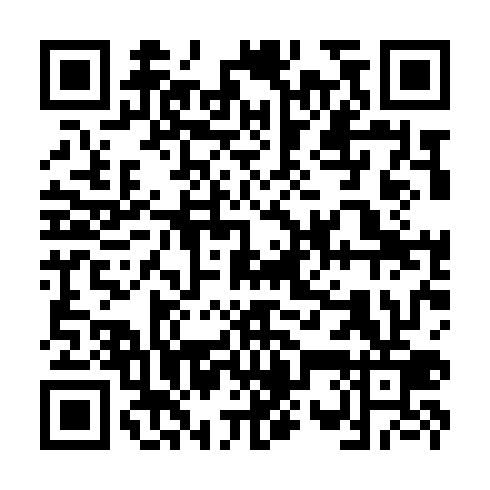
Robert Moghim MD
Anchor Healthcare
Discography
Procedure | 1748909559
Discography is a diagnostic test that helps identify whether a specific spinal disc is causing back pain. The procedure involves injecting contrast dye into the disc while using fluoroscopy (live X-ray) to observe its response. If the injection recreates the patient’s typical pain, it suggests the disc is a likely pain source.
This procedure is used for: - Chronic back pain that hasn’t improved with other treatments. - Suspected disc issues, such as degenerative disc disease or disc injuries. - Persistent pain after spine surgery to evaluate remaining concerns.
How the procedure works: - A thin needle is guided into one or more discs using fluoroscopy. - Contrast dye is injected to assess the disc’s response. - The procedure is done with local anesthesia and sedation, but the patient stays awake to provide feedback.
Alternatives to discography include: - MRI or CT scans to visualize spinal discs. - Physical therapy and conservative treatments to relieve symptoms. - Surgical evaluation if a structural disc problem is suspected.
Possible risks include: - Temporary pain flare-up after the test. - Infection or bleeding at the injection site. - Rare cases of disc injury or discitis (disc infection). - Nerve damage is extremely rare.
After the procedure, patients are monitored briefly and can go home the same day. Some mild soreness is common, and results may take a few days to weeks.
If you’re considering discography as a diagnostic tool, early evaluation can help guide treatment options. Talk to our team to find the best approach for you.

